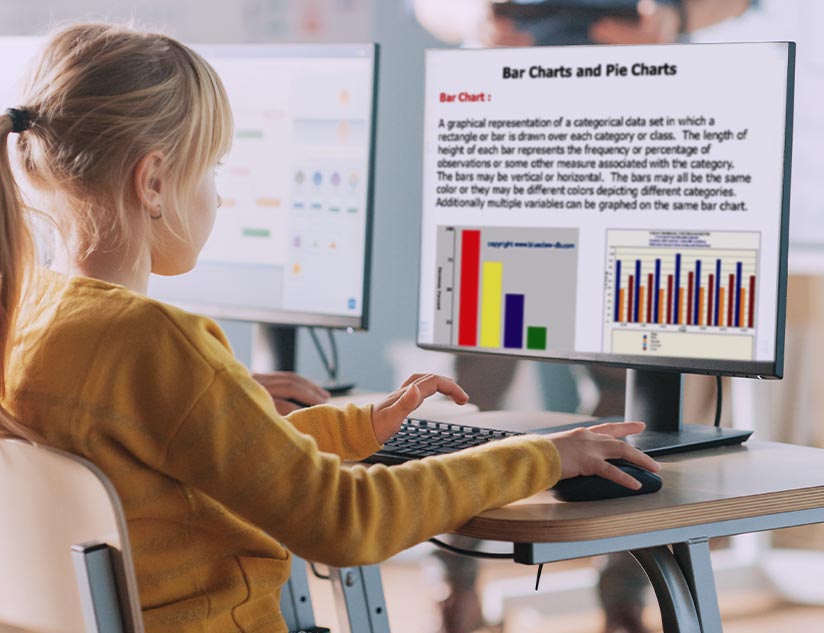Online Learning Platforms Can Level Up Math Skills. Here’s How
March 25th, 2021
Did you know that the fear of math is so prevalent that they’ve even coined a term for it? Arithmophobia or the fear of numbers can vary in severity from mild tension to a strong fear. Research conducted by the Center for Neuroscience in Education at the University of Cambridge revealed that extreme math anxiety is prevalent among 2%-6% of high school students. This only means that varying degrees of phobia of the subject exists among a much larger percentage of students.
Studies also show that both parents and teachers may play a role, albeit inadvertently, in this anxiety developing among K-12 students. In the physical classroom, the teacher has no other option but to proceed at a pre-defined pace, which suits the average students. As a result, brighter students might get bored, while those who take longer to understand mathematical concepts get left behind.
Another challenge that is often reported in physical classrooms is that students hesitate to ask the teacher to repeat themselves, if they do not understand a concept. Many students also shy away from asking questions before the entire class. And, with 20-30 students in the class, the teacher is unable to provide individual attention and support.
This is where digital publishing platforms come to the rescue. Online learning tends to be more interactive and inclusive, while making the subject much more fun and interesting. Here’s a look at some of the key ways in which online learning platforms can benefit math education.
- Multimedia Resources
Digital publishing of math education materials allows the integration of interactive and multimedia elements that make learning much more engaging, bringing mathematical concepts to life. With the use of animation, video and other multimedia resources, the understanding of new concepts can be eased.
With a robust online platform, students get to interact with the concepts and explore them further through games, quizzes, simulations and much more. In fact, when a math problem is brought to life via audio-visual means, any ambiguity related to the concepts can also be clarified with ease.
- Personalized Learning
An interactive digital publishing and learning platform also offers students the flexibility to learn at their own pace. In a physical classroom, the student is bound by time limitations, whereas with digital learning, they can choose the pace that ensures better understanding and retention of information.
Students can choose to go as much in-depth into a concept as they would like, choose from different content formats based on their learning style and even attempt quizzes and assessments at their own pace. With a digital platform, teachers can automate assessments, without needing all students to attempt the questions at the same time. They can also save time on grading the papers by automating the process.
This way, students can attempt questions and receive their scores whenever they wish to test their knowledge and move forward based on the feedback received. On the other hand, when teachers have access to learning analytics for each student, they can plan personalized learning paths that maximize academic outcomes.
- Connecting Math to the Real World
Rather than forcing numbers on students, which is one of the key reasons for math anxiety, teachers can use EdTech tools to show students how the concepts are applied in real-life situations. For instance, rather than students needing to complete a worksheet, they could go through a game of shopping at a supermarket and calculating things for themselves. They could be asked to estimate the price of an item based on its weight.
Such interactive learning can be effortlessly ensured through a digital publishing platform that allows for the seamless integration of gaming and multimedia.
Apart from all this, peer-to-peer learning and collaborative assignments are also eased with a digital learning platform. Research has already proven that such collaborative learning leads to better academic outcomes.
In short, eLearning can help students master one of the key fields of education, at the pace and depth that helps them maximize learning. When technology tools are used strategically, anxiety need never be associated with numbers.
Are you ready to harness the power of interactive digital publishing for math education? Contact us to learn how.














